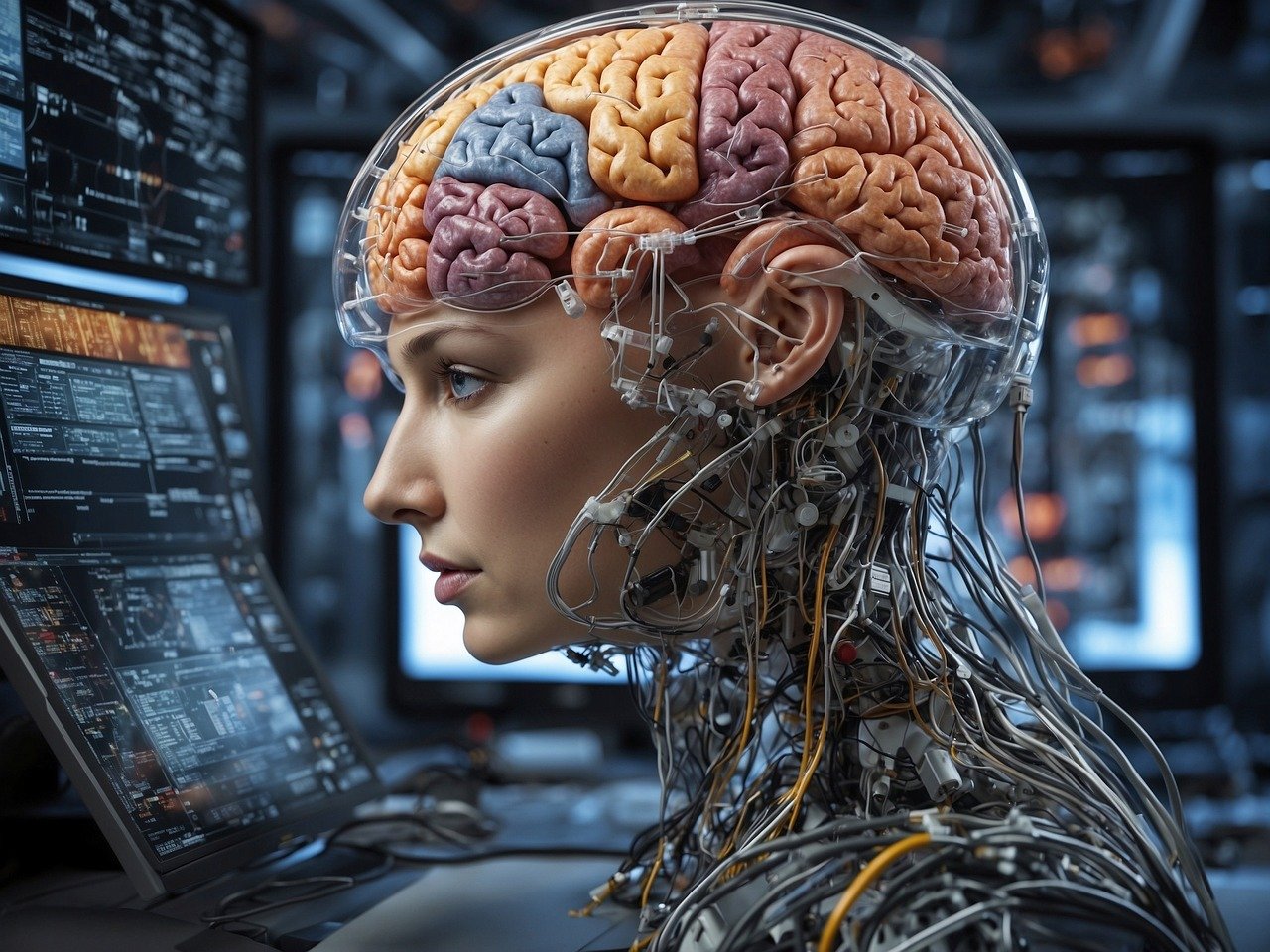Ethics and Psychology: Balancing AI Companionship with Human Needs
Artificial Intelligence (AI) is increasingly becoming a part of our daily lives, offering companionship through virtual assistants, chatbots, and other digital tools. While AI companions provide numerous benefits, it’s important to balance their use with human needs. This article explores the ethical and psychological aspects of AI companionship and how to ensure it complements rather than replaces human interactions.
What Is AI Companionship?
AI companionship refers to the support and interaction provided by AI systems. Examples include virtual assistants like Siri and Alexa, mental health chatbots, and AI-driven social apps. These tools are designed to offer help, conversation, and emotional support.
Benefits of AI Companionship
- 24/7 Availability: AI companions are always available, providing support whenever needed.
- Personalized Interaction: They can adapt to user preferences, offering tailored responses and support.
- Non-Judgmental Support: AI companions provide a space where users can express themselves freely without fear of judgment.
Ethical Considerations
Transparency and Privacy
- Data Usage: AI systems often rely on personal data to function effectively. It’s important for users to understand how their data is used and protected.
- Privacy Protection: Ensuring that AI systems safeguard user privacy is crucial for maintaining trust and ethical standards.
Avoiding Over-Reliance
- Human Interaction: While AI can provide valuable support, it should not replace real human interactions. Balancing AI use with meaningful face-to-face connections is essential for emotional well-being.
- Emotional Depth: AI lacks genuine emotional understanding, which means it cannot fully replicate the depth of human relationships.
Psychological Aspects
Impact on Mental Health
- Support and Comfort: AI can offer immediate comfort and support, which can be beneficial, especially during stressful times.
- Isolation Risk: Over-reliance on AI for companionship might lead to social isolation if it replaces human interactions.
Balancing AI with Human Needs
- Complementary Role: Use AI companions to complement, not replace, human relationships. AI should assist with tasks and offer support but should not be the sole source of emotional connection.
- Self-Awareness: Reflect on how interactions with AI impact your emotional well-being. Ensure that you maintain and nurture real human connections.
Tips for Ethical and Psychological Balance
- Educate Yourself: Understand how AI systems work and how your data is used. Make informed choices about your interactions with AI.
- Set Boundaries: Establish clear boundaries between AI and human interactions. Use AI for practical support while prioritizing human relationships for emotional depth.
- Seek Professional Help: For complex emotional issues, seek support from licensed mental health professionals who can provide comprehensive care.
Conclusion
AI companionship offers numerous benefits, including 24/7 availability, personalized support, and a non-judgmental space for interaction. However, balancing AI use with human needs is crucial for maintaining ethical standards and psychological well-being. Understanding the ethical considerations of data privacy and avoiding over-reliance on AI are key to achieving a healthy balance.
By using AI companions to complement human interactions, setting clear boundaries, and seeking professional help when needed, you can enjoy the advantages of AI while preserving the depth and richness of human relationships. Balancing ethics and psychology in AI companionship ensures that technology serves to enhance, rather than replace, our essential human connections.
READ MORE ON :









